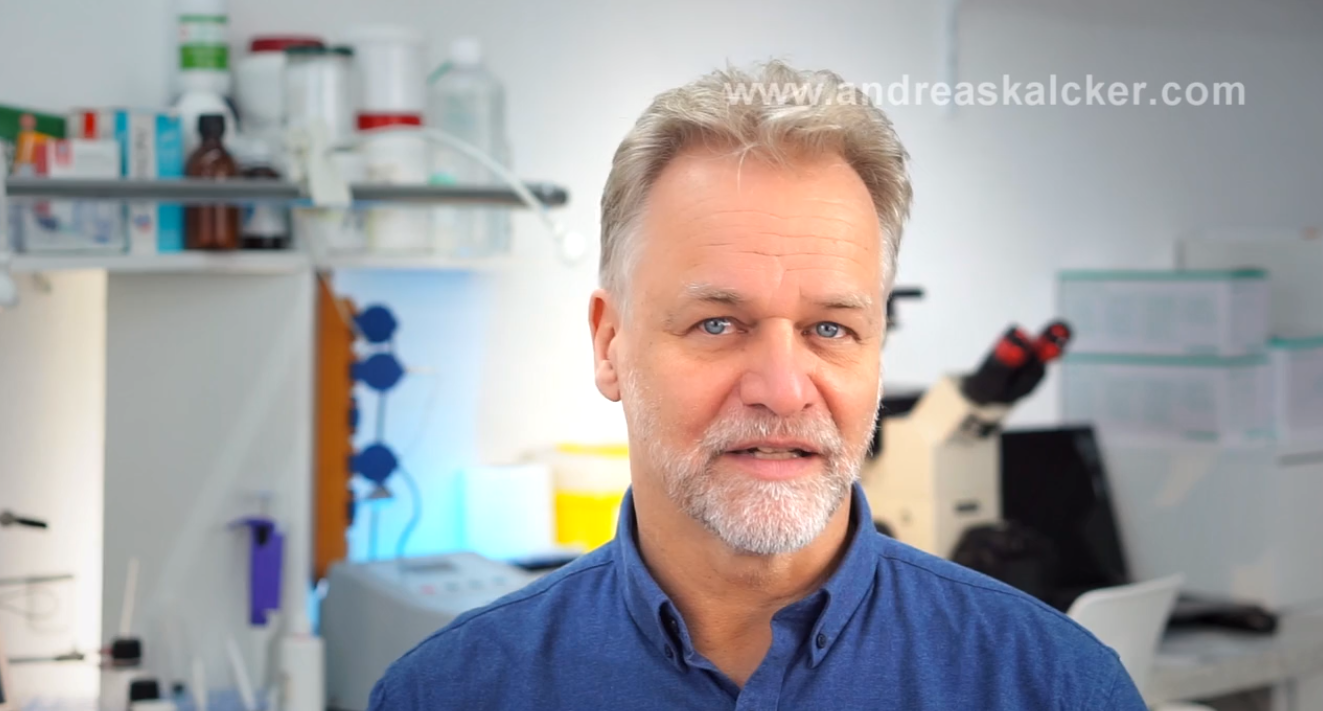Study: Choline helps improve cognitive performance in the elderly
05/27/2022 / By Zoey Sky

Having healthy habits, such as following a balanced diet and exercising, is key to maintaining good health. This is especially true as you age.
Research suggests that the essential nutrient choline has a crucial role in brain development and cognitive function. Many experts believe that this vitamin-like nutrient helps preserve healthy cognitive function.
But according to a study published in the journal Nutricion Hospitalaria, many people don’t get enough choline from their diet. This means they miss out on the benefits of optimal choline levels.
Adequate choline intake boosts brain function
The older you get, the greater your risk of developing Alzheimer’s disease, a debilitating condition that affects your judgment, cognition and memory.
The Centers for Disease Control and Prevention (CDC) has reported that at least 5.8 million people in the U.S. currently have Alzheimer’s or other forms of dementia. This number could skyrocket to at least 14 million by 2060.
But what is choline’s role in brain health? Your body needs choline to synthesize phosphatidylcholine, an important phospholipid. Phospholipids are the fat-based molecules that comprise cell membranes.
Choline also helps produce acetylcholine, a neurotransmitter that’s essential for learning and memory.
Choline is produced naturally in your liver, but there’s a problem: Your liver doesn’t produce enough choline to meet the body’s needs, so you need to boost your intake through your diet.
The National Institutes of Health has reported that at least 90 to 95 percent of pregnant women consume less choline than the adequate daily intake advised by the Institute of Medicine.
Meanwhile, others who are at risk for choline deficiency include people with specific genetic mutations and individuals requiring total parental nutrition or a method of feeding that bypasses the gastrointestinal tract.
Choline is so important that the American Society for Parenteral and Enteral Nutrition recommends that it routinely be added to parenteral nutrition formulas. The group has also advocated for developing a commercial product containing choline.
Researchers have found that choline is crucial to cognitive development and that it is needed in the perinatal stage for optimal development and for preventing neural tube defects in newborns.
Additionally, adequate choline intake may offer benefits for the elderly. Phosphatidylcholine helps preserve and protect brain cells, and some experts think that consuming high amounts of choline can help slow the progression of Alzheimer’s.
Research also shows that higher levels of choline are linked to a lower risk of dementia, so make sure you get enough choline in your regular diet. (Related: Adding more dietary choline can cut back the risk of dementia.)
Choline found to boost cognitive performance among the elderly
There’s more proof that choline is essential for optimal brain health. A study published in the British Journal of Nutrition found that a higher intake is associated with better scores on cognitive tests.
Researchers who conducted the study worked with almost 2,200 adults aged 70 to 74. According to the results, volunteers with lower blood levels of choline did poorly on cognitive tests, meaning they had slower perceptual and processing speeds and poorer general cognition and executive function compared to those with higher choline levels.
Data from an additional study of at least 1,400 adults aged 36 to 83 revealed that the participants with higher choline intakes exhibited better verbal and visual memory.
Choline and liver health
Choline is needed to transport fats from the liver, so deficiencies are also associated with the development of nonalcoholic fatty liver disease (NAFLD). The condition is characterized by the accumulation of fat in the livers of people with no history of excessive drinking.
NAFLD is present in at least 90 percent of obese people and in 65 percent of those who are overweight. Even though many cases of NAFLD are mild, it can still progress to a more severe form of the disease known as nonalcoholic steatohepatitis (NASH).
NASH can then cause liver cirrhosis, liver failure, liver cancer and death. In a large Chinese study involving 56,195 older adults, results showed that women with the highest intakes of choline (412 mg a day) reduced their risk of NAFLD by at least one-third when compared to women who ingested only 179 mg a day. Meanwhile, men with a higher choline intake reduced their risk by a quarter.
Ensure adequate choline intake to maintain liver health.
Incorporating choline into a healthy diet
You can boost your choline intake by consuming superfoods like grass-fed beef, wild-caught salmon and cage-free poultry and eggs.
Beef liver is one of the best sources of choline and a three-ounce serving contains 356 mg of choline, which is more than half the recommended dietary amount for adults.
Eggs are also full of choline. One hard-boiled egg contains 147 mg of choline.
If you’re a vegan or vegetarian, you can get choline through beans, cruciferous vegetables, nuts, seeds and whole grains.
Roasted soybeans contain 107 mg of choline per cup. Alternatively, you can eat other soy-based foods like edamame, tempeh or tofu.
According to the Institute of Medicine, the recommended dietary allowance for choline is 425 mg a day for women and 550 mg for men, with 3,500 mg a day considered the tolerable upper intake level. If you are interested in supplementation, only buy supplements from a trusted vendor.
Boost your brain and liver health by following a healthy diet and eating foods rich in choline.
Watch the video below to know more about food sources of choline that can help boost your brain health.
This video is from the Holistic Herbalist channel on Brighteon.com.
More related stories:
Can choline be used as an alternative treatment for Alzheimer’s disease?
Eggs are brain food: Study shows eggs improve infant brain development.
Making healthy lifestyle choices can prevent the onset of dementia.
Sources include:
Submit a correction >>
Tagged Under:
Alzheimer's disease, brain function, brain health, brain nutrients, choline, cognitive health, dementia, food cures, food is medicine, food science, natural cures, natural medicine, nutrients, prevention, research
This article may contain statements that reflect the opinion of the author
RECENT NEWS & ARTICLES
COPYRIGHT © 2017 PREVENTION NEWS




















